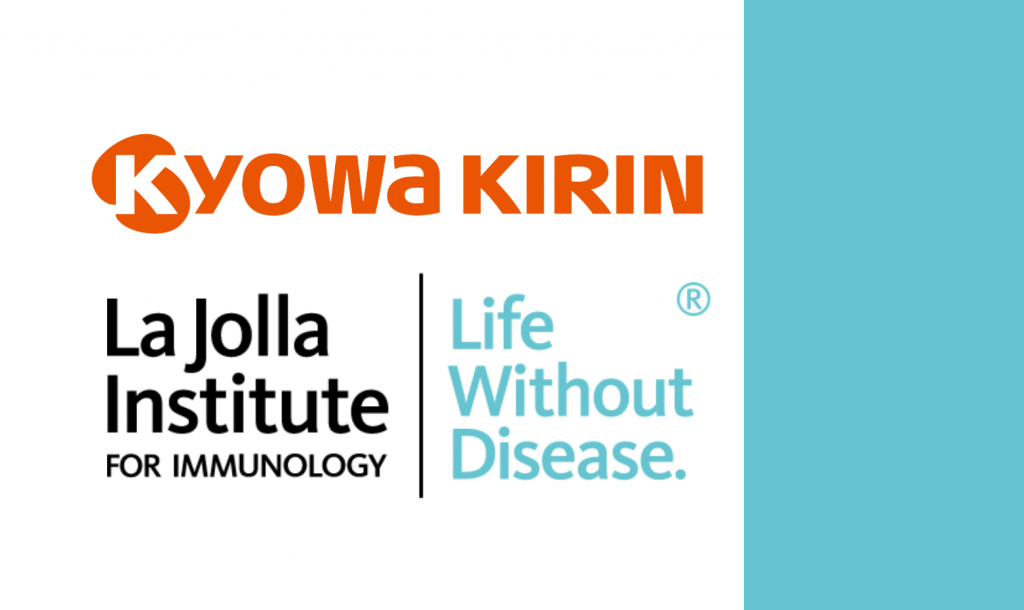IMAGINE
life without disease.
Professor, President & CEO Erica Ollmann Saphire, Ph.D., MBA, is a leader in infectious disease research and has dedicated her career to bringing scientists together to face the toughest health threats.
Our Focus Is Immunology
We believe that no other biomedical discipline has greater implications for human health than immunology. By unraveling the complexities of the immune system, LJI researchers are directly tackling an extraordinarily diverse array of diseases, such as asthma, cancer, CoVID-19, type 1 diabetes, Parkinson’s, and many others.
At La Jolla Institute for Immunology, every day, our discoveries move the world closer to Life Without Disease.
Our Research Centers
La Jolla Institute is home to four research centers that focus the efforts of collaborative groups of researchers on defined areas of inquiry, to accelerate progress toward the development of new treatments and vaccines to prevent and cure autoimmune conditions, cancer and infectious disease.
Center for Autoimmunity and Inflamation
Enabling our experts to take a deep dive into the complexity of the immune system.
Center for Cancer Immunotherapy
At the forefront of exploring new and sometimes unexpected avenues for novel immune-based cancer treatments.
Center for Vaccine Innovation
Conducting fundamental research on how the body reacts to vaccines and battles infections.
Center for Sex-based Differences in the Immune System
Uncovering sex-specific variables in immune responses to provide personalized treatments for disease.
Research Services
Technological innovation and scientific advances are intricately linked and that is why La Jolla Institute puts a big emphasis to provide a first-rate scientific infrastructure and easy access to the latest technology. LJI’s scientific core facilities provide faculty, researchers and students with access to an array of state-of-the-art equipment, technologies, training and expertise to support innovative research. The Institute’s small size allows LJI researchers to interact closely with highly trained experts working in the research support services and to quickly adjust technical applications to the requirements of individual labs.
Our research services include: Bioinformatics, Clinical Studies, Cryo-EM, Flow Cytometry, Histopathology, Immunometabolism, Microscopy & Histology, and Next Generation Sequencing.
For more information on accessing our core facilities, please contact our Core Facilities Administrator.
Latest News
- Institute News
- Research News
- Research News
Support Life Without Disease
Seminars
- Program In Immunology Seminar
At UCSD: Program in Immunology Seminar

- Program In Immunology Seminar




